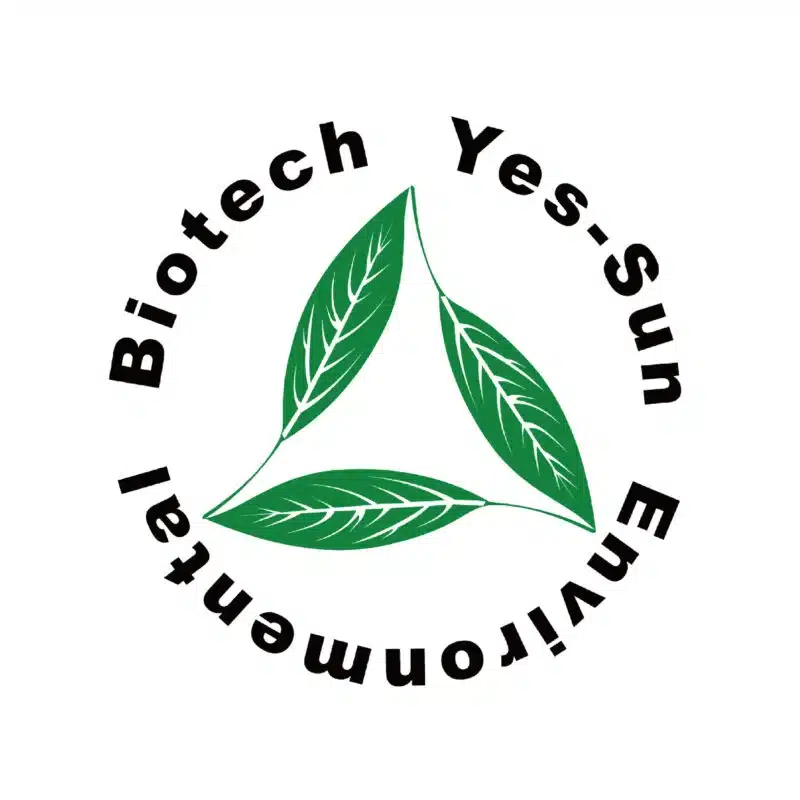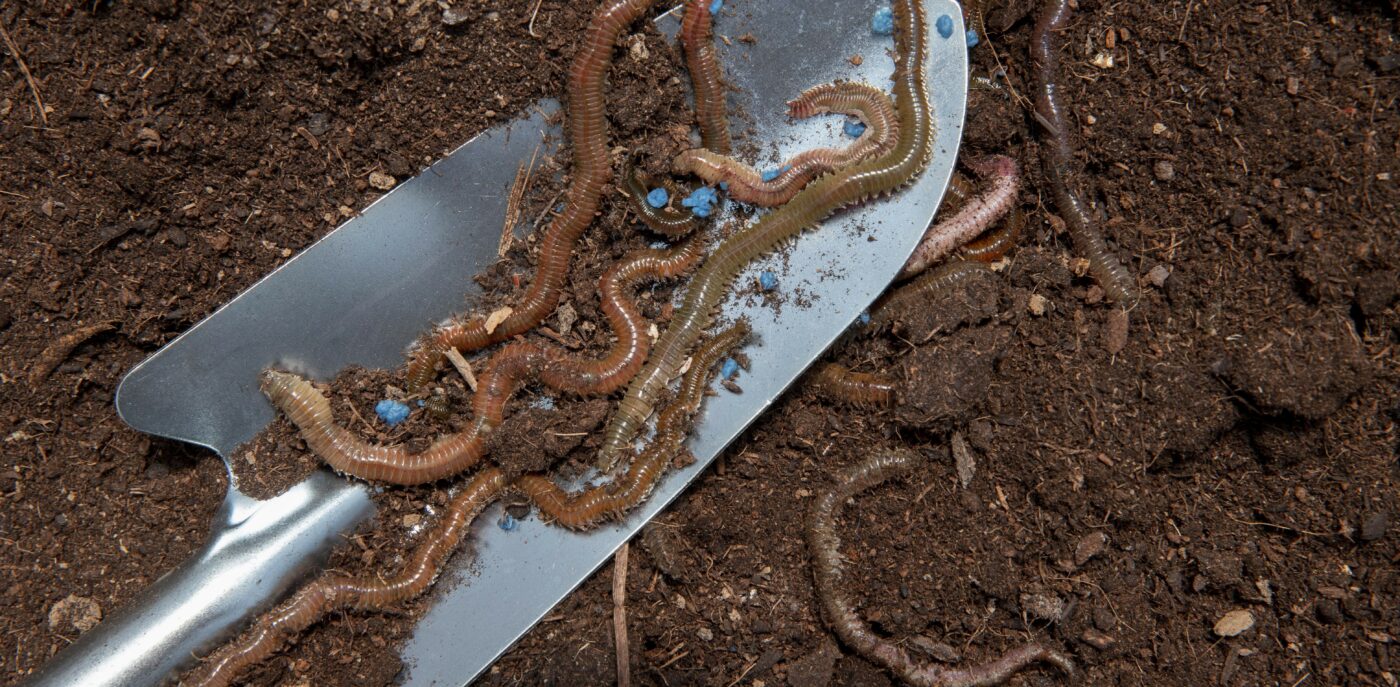POSTED BY: KEN MCENTEE OCTOBER 30, 2023
By Sarah Derouin for Geological Society of America
The earthworm effect: unraveling soil weathering dynamics
Earthworms, often lauded for their beneficial role in gardens and composting, are also potent natural agents of soil weathering. Adrian Wackett, a doctoral student in soil science at Stanford University, highlights earthworms’ significant impact on soil processes and carbon dioxide cycling. By ingesting and breaking down organic material and sediment grains, earthworms not only release nutrients but also contribute to physical weathering, altering soil texture and affecting water infiltration and chemical processes.
Wackett’s research, presented at the Geological Society of America’s GSA Connects 2023 meeting, sheds light on the dual nature of earthworms. While they aid in nutrient release and soil aeration, their role as invasive species can disrupt natural ecosystems. The study focuses on the invasive expansion of earthworms and its effect on silicate mineral breakdown, particularly in the El Yunque National Forest in Puerto Rico. Here, earthworm activity was found to significantly reduce sediment sizes, with quartz grains in worm-affected zones being nearly 50% smaller than in unaffected areas.
This research marks a pioneering study into the in-situ effects of worm-induced silica breakdown, suggesting earthworms could account for approximately 2% of total weathering in the studied soils—a figure Wackett considers conservative. The implications extend beyond nutrient cycling to broader environmental concerns, including the release of carbon dioxide and the impact on Earth’s ‘thermostat.’
The spread of earthworms into previously worm-free northern latitudes poses additional concerns for weathering rates and ecosystem health. Wackett’s investigations into soil profiles across Alaska, Minnesota, Finland, and Sweden reveal significant shifts in sediment sizes due to earthworm invasion, underscoring their substantial contribution to soil weathering on a larger scale.
Despite the localized nature of these changes, Wackett emphasizes the cumulative effect of earthworm activity on global soil weathering processes, pointing to the need for a nuanced understanding of their role within natural and managed ecosystems.
Discover the future of waste management with composting free technology
Handling organic waste properly can be challenging due to the unpleasant smell and dirty water produced during the composting process. Despite the availability of various composting technologies and equipment in the market, time and pollution remain significant concerns. However, a novel technology that combines patented equipment and enzymes offers a potential solution. This innovative approach can convert organic waste into fertilizer in just a few hours, and most importantly, without causing pollution.
Learn more


 中文 (台灣)
中文 (台灣) Bahasa Indonesia
Bahasa Indonesia Tiếng Việt
Tiếng Việt Bahasa Melayu
Bahasa Melayu Français
Français Español
Español Português
Português